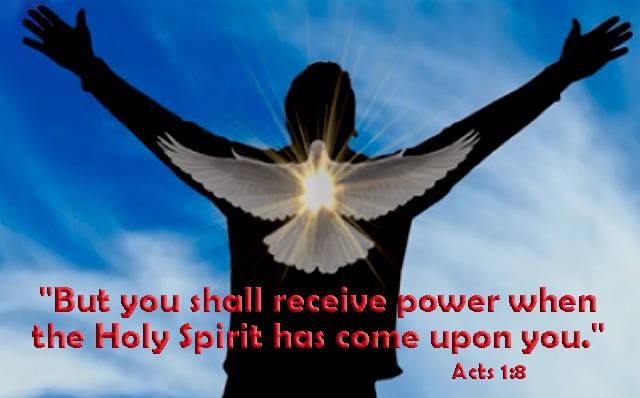“Teaching them to observe all things whatsoever I have commanded you: and, lo, I am with you alway, even unto the end of the world. Amen.” – Matthew 28:20
Enduring Presence
In the closing verses of the Gospel of Matthew, we find the resurrected Christ imparting a final commission to His disciples. This passage, often referred to as the Great Commission, encapsulates the mission of the church and the enduring Presence of Christ.
The Command to Teach
Christ’s directive to “teach all nations” is a call to discipleship that extends beyond the mere transmission of knowledge. It is an invitation to a life-transforming journey that aligns one’s actions with the teachings of Jesus.
- What does it mean for us to observe all that Christ has commanded
- How does this shape our daily lives?
The Assurance of Presence
Perhaps the most comforting aspect of this verse is the promise that follows the command: “I am with you alway.” In a world fraught with uncertainty and change, the constancy of Christ’s presence offers an anchor for the soul. How do we experience this presence in our lives? In what ways does it sustain us through trials and tribulations?
The Scope of the Promise
The phrase “even unto the end of the world” speaks to the timeless nature of Christ’s commitment to His followers. It is a promise that transcends generations, cultures, and epochs. As we face the challenges of our own era, how does this assurance shape our perspective on the future?
A Moral Reflection
The moral imperative embedded in this scripture is clear: to live out the teachings of Christ and to share them with others. It calls us to a higher standard of conduct, one that reflects the love and grace of the One we follow. Are we living up to this calling? Are our lives a testament to the teachings we have received?
A Reflective Close
As we ponder the depth of Christ’s commission and the promise of His presence, let us take a moment to reflect on our role in this divine narrative. Are we active participants in the mission of teaching and sharing the Gospel? Do we find solace in the promise of Christ’s enduring presence?
Unity Prayer
“Dear LORD, we are humbled by Your great commission and the promise of Your eternal presence. Grant us the wisdom to teach Your ways and the courage to live them out. May we feel Your presence guiding us at every step, and may our lives be a reflection of Your love until the end of time, in Jesus’ name, Amen.”
Let’s embrace the teachings of Christ and find comfort in His everlasting presence all the days of our lives…









